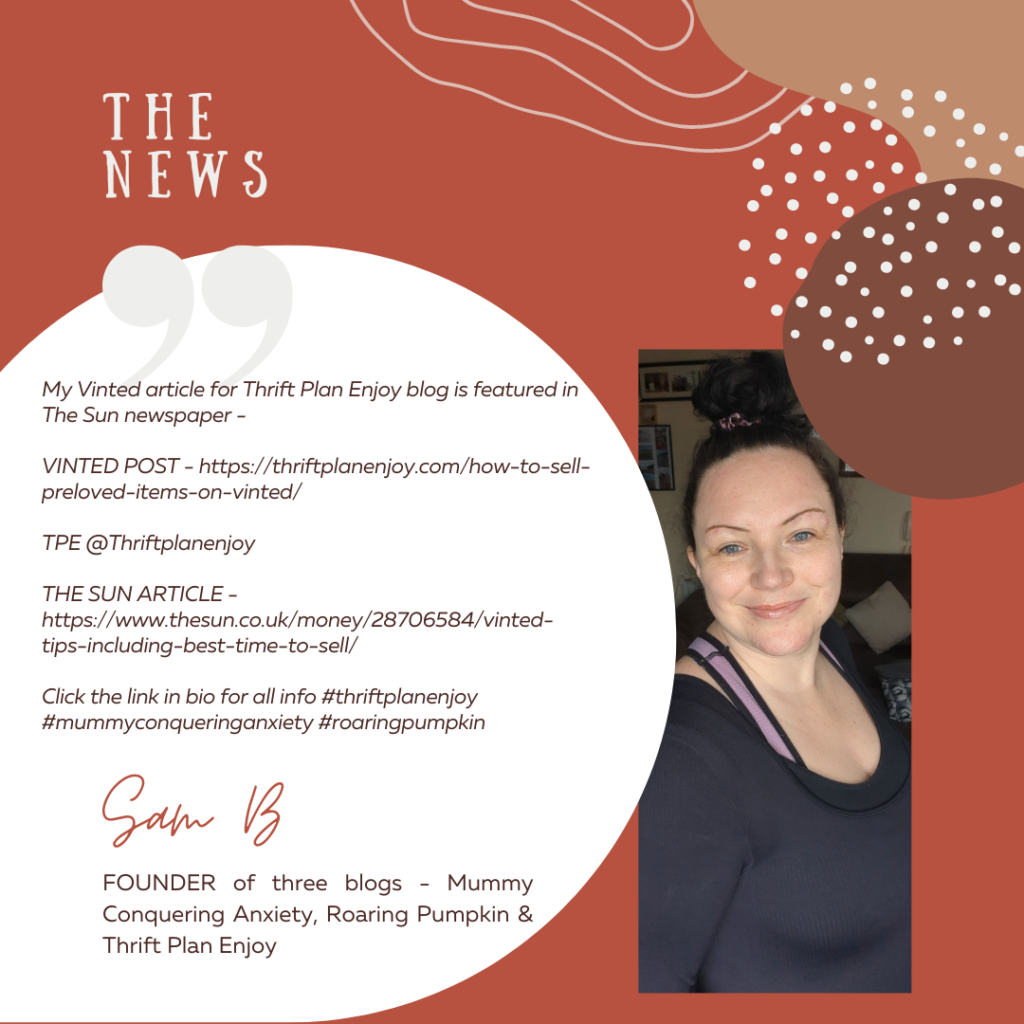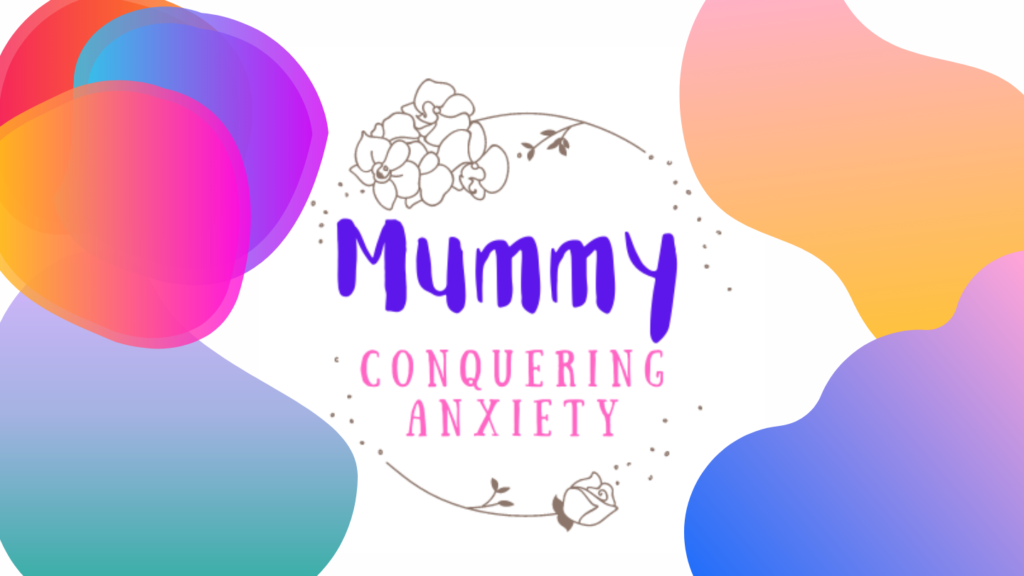I wanted to write a list of great books by people who’ve found creative ways to manage their anxiety levels. In addition to this, I will also be letting you know about some courses which are geared towards wellness.

Quick note: AD-AFF-GIFTED Some of the links contained on this page are sponsored and affiliate links. If you go through an affiliate link to make a purchase, I will earn a commission. I only recommend products I use myself and think would be helpful for other people.
Shall we dive into the list of great resources to help you with managing anxiety?
Education – courses for managing anxiety
Charlotte Lewington
Charlotte is a bestselling co-author, educator and consultant helping children and young people to
find their voice, be seen and feel validated. There is nothing she is more passionate about than
making sure children know that they are loved and love themselves from the inside out. During her
own childhood, Charlotte faced many struggles that only made her stronger. Through these
experiences, she learnt that you can either sit down and cry about things or you get up and you move
on. Learning the lesson being shown to you.
After 16 years of experience within different health and childcare settings, Charlotte gained a degree
in psychology and is currently working towards a master’s degree in children and young people. Charlotte spends most of her time delivering training to nurseries, schools and organisations offering
workshops and retreats relating to emotional well-being.
Her mission is to provide support in order to bridge the gap with the mental health crisis that we are
currently experiencing. In between all this, you will often find charlotte travelling the world and making the most out of life.
You can view and purchase all of her courses on Udemy UK.
Details you need to check out
Please head over and check out her Facebook group – Children’s Mental Health Support for Parents & Educators | Facebook
She also offers
1-2-1 support sessions if anyone is feeling lost or finding the queen’s death a trigger. For anyone finding it challenging with children going back to school or children managing anxiety about anything, parents or carers can book a call. She is also currently looking for people to be involved in a book collaboration.
Miss M Online courses
I recently wrote about how important it is to nurture a business-minded child. And more importantly, teach essential life skills that are usually lacking in the mainstream school system. You can check out the full blog post here.
Well, it’s time to bring you the latest from this amazing platform. Check out some of the courses available below.
What’s the latest?
Why not check out the new business board game? What an amazing gift for a young person this Christmas!



Discount code…

Centre Of Excellence
Centre Of Excellence has a range of courses related to managing anxiety, wellness and alternative therapies.
Here are just some of the courses on offer…
Anxiety Management Diploma Course
Dealing With Depression Diploma Course
Mindful Mental Health Diploma Course
Head over and check out all of their amazing learning resources. Maybe you want to buy the gift of learning for a loved one or friend this holiday season. You know someone who is currently managing anxiety and needs some assistance.
Books for managing anxiety

You can check out my page, dedicated to all things books! Feel free to browse the other book-related posts on my blog
I also have a page dedicated to managing anxiety
Rachel Ann Cullen’s book, Running for Our Lives

My thoughts
Running For Our Lives is about how running helps people overcome life challenges and mental health struggles. It touches upon how it helped Rachel reclaim her identity after she became a mum. In addition, it contains human stories and experiences from ordinary people.
I knew this title would resonate with time on some level. But I was unprepared for how much I would feel an emotional connection to the stories. A literal pang in my heart because this journey of sharing our mental health struggles is also one I’ve been on myself. I couldn’t put this book down, thanks to honest writing. Not to mention, the sheer power of connection between human beings who have one shared cause.
“It enables us to silence the chimp and write another story for ourselves – one where things become possible.”
Running For Our Lives
“These are people who have chosen to live fiercely and to be fully alive. They are no longer content with the alternative.”
Running For Our Lives
“mental illness is not concerned with rational thought. It will eat you up regardless.”
Running For Our Lives
“Perhaps it is you seeing the tiniest chink of light in a very dark place, discovering that you have a new friend in the world – one whom you have never met.”
Running For Our Lives
Buy the book
Sara Barnes’ book, The Cold Fix

The Cold Fix is about the healing power of cold water immersion in overcoming physical and mental pain. Or anguish including osteoarthritis, seasonal sadness, migraines, alcoholism and overthinking. It’s about growing older and exploring new opportunities; menopause, body image and confidence.
My thoughts
When reading the book, my initial thought was that I was intrigued as to why people do this and I find it fascinating that such an extreme activity can help someone mentally.
I particularly like the sensory and meditative experience which comes with this technique. It feels similar to how I probably feel when doing meditation.
“Coming here on my own had indeed added a risk factor, but it had also motivated and driven me to climb, literally, out of my comfort zone and rediscover a world that had been out of my reach for too long”
Sara Barnes’ book, The Cold Fix
“The cold water has given me the key to unlock myself within a place I didn’t know existed: the community of cold-water swimmers right around the world. What binds us all together is the cold and how it makes us feel: brave enough to tackle even the toughest of life’s issues.”
Sara Barnes’ book, The Cold Fix
Buy the book
Jo Moseley’s Stand-up Paddleboarding in Great Britain

Stand Up Paddleboarding is a guide to paddle boarding. However, Jo explains the sport has got her through grief, anxiety and empty nesting. It’s brought her identity back outside her roles as a mother, daughter, sister, and friend. And her commitment to the environment has strengthened. Back in 2019, she became the first woman aged 54 to stand up paddleboard coast to coast across northern England. Picking up litter and raising money for environmental charities.
My thoughts
The most striking thing about this book is the great images of places to visit. You feel transported there, and it’s wonderful. You are experiencing an adventure alongside reading about Jo’s story. There is a real variation in locations across the UK and I was glad to see some near where we live. It also makes me want to visit the places I haven’t visited and take in the scenery for myself.
The book also includes practical tips on how to get started, if you’re interested in starting your stand-up paddle-boarding journey
“A chance to walk on water, and I hope, appreciate that we all belong there too.”
Jo Moseley’s Stand-up Paddleboarding in Great Britain
Buy the book
Michael Waters
You may remember me including Michael Waters in a previous blog post.
Buy the book
Recent projects
He has recently been writing for some projects, aiming to help young people with their mental health. If you follow my blog, you will know I am totally on board with this. The current cost of living situation we are facing in the UK is only going to increase mental health problems among young people. Ultimately, it is up to us to raise awareness.
One is about how becoming guise-wise can really help reduce the mental health issues of young people (and not so young!)
Why? Because so many are the result of comparing ourselves to others, often obsessively,
Becoming-Guise-Wise:
and to a disproportionate emphasis on relatively minor or very specific but not all-defining
differences. Young people are especially prone to these practices.
Supposing I’m a teenager preoccupied with my gender identity. Maybe I suspect I’m
different in this respect from most of my friends. At one time, gender identity was not an
issue for all but a tiny number of kids. Now it’s an issue for a lot, but that’s not the main
point. The main point is that if I am a teenager with gender identity concerns then part of
that will involve placing myself on a spectrum of gender gradations. I’m defining myself by
what I am not and I’m probably defining my whole self primarily in terms of gender identity
markers. This means that I’m not foregrounding all the many things I share with my peers –
other aspects of identity, beliefs, preferences, interests and hosts of others that I share with
everybody on the planet. Rather, I’m over-focusing on one thing that’s distinctive about me,
one particular difference.
How to dissolve the mental health issues of the young – Dr Michael Waters
The other is about making commonality-first, not difference-first how we should best respond to others – this would be the best legacy for the Queen since this is what she did in her life
She experienced diversity, more than anyone who has ever lived. No one else has been up as close and personal to such a variety of individuals in such a variety of settings. No one else has had more first-hand experience of as many different social and cultural groups. Who else has made official visits to over 117 countries and carried out over 21,000 official engagements, to say nothing of walkabouts and other unscripted exchanges? It’s also clear that she cared deeply for many of those to whom the word “diversity” is usually applied – minorities and the marginalised.
The Queen’s Legacy: Commonality-First – Dr Michael Waters
Workbooks for managing anxiety
I had to share the workbooks that personally helped me with managing anxiety, during the down periods in my life. I still have these on the shelf by my workspace. They proved to be so beneficial in my time of need.

Final thoughts
I hope you found these tools for managing helpful anxiety. Maybe a book you want to purchase something for yourself or a loved one?
Let me know your favourite book or course – I would love to hear from you in the comments.

Recent posts on the blog
Feel free to check out some of the other posts on my blog:
- 6 Areas I’ve Of My Life Which Have Drastically Improved – Perma Hypnotherapy
- Be More Proactive About Your Personal Finances With These Tips
- It’s the Season to Get Warm & Cosy With Candles
- Amazing Blogs For Spooky Season & Those Cosy Winter Reads
- 14 Amazing Cosy Wellness Gifts for Winter & Beyond
- Ideas for Your Family Christmas Card
- The New Edelweiss Range From the Body Shop
- A Trio of Sisters Bringing Joy to Peoples’ Lives
- Using Self Hypnosis To Achieve Life Goals – Perma Hypnotherapy
- Is Gentle Parenting Effective? Read Our Story
- Why It’s Important To Nurture A Business-Minded Child
- Reflecting On My Tough Mental Breakdown Journey
- Why Attending A Literature Festival Is An Amazing Experience




















































